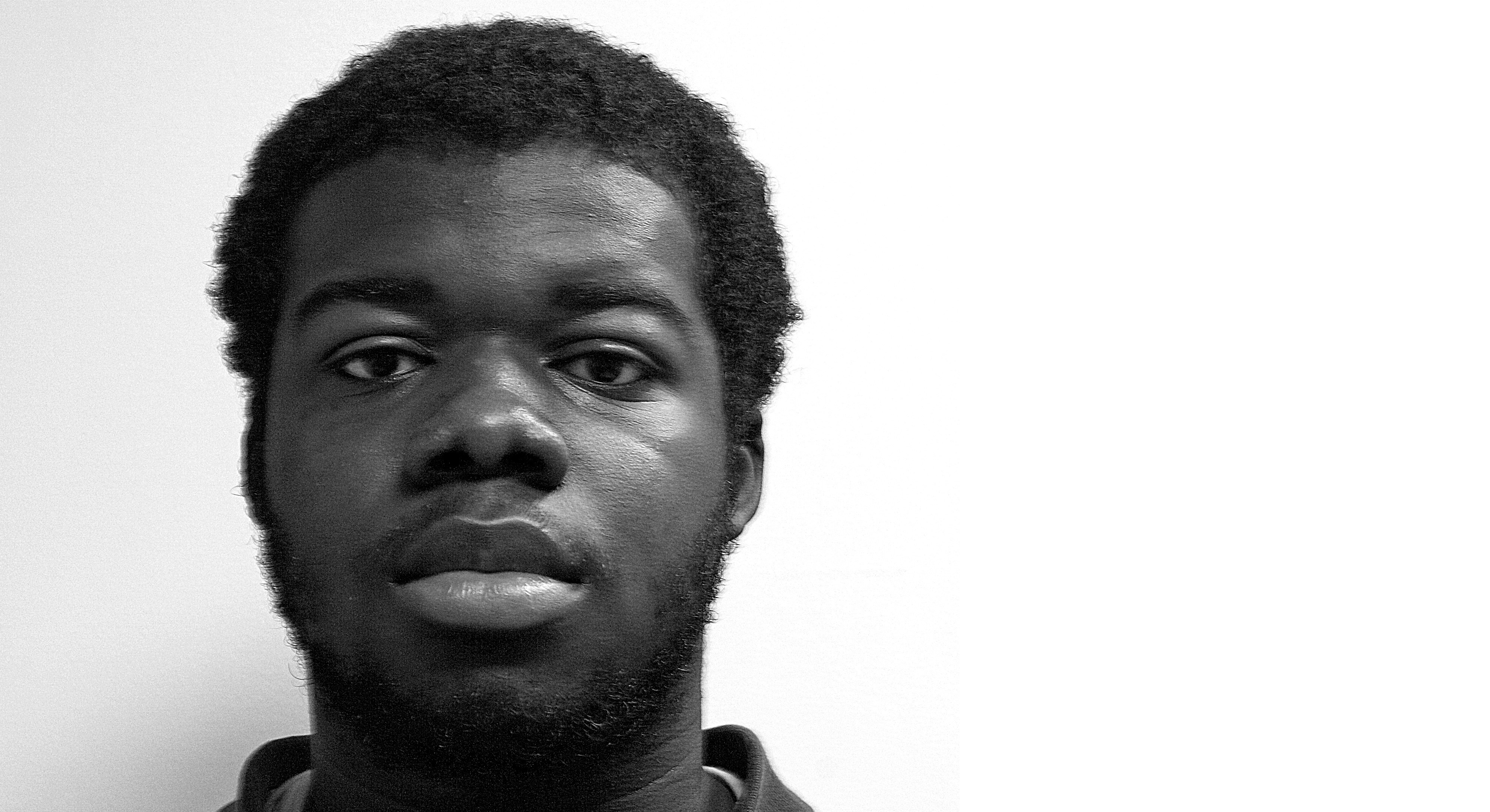Is there free speech on our campus? That depends on who’s talking. According to the libertarian Justice Center for Constitutional Freedoms (JCCF), when it comes to protecting controversial speech, McGill University—like most Canadian universities—fails miserably. In the wake of these accusations, we must rethink the boundaries we set between offensive speech and simply controversial speech.
It’s worth noting that the report has received sparse coverage in campus media. Aside from an editorial the Tribune ran last week (“Safe Spaces on campus do not repress free speech”), there has been no mention from the other two main English campus outlets—the McGill Daily and the Bull and Bear. Nor did the news sections of any of the major campus papers reach out to either the Students Society of McGill University (SSMU) or the McGill administration for comment.
While the JCCF report devotes a significant portion of the report to discussing onerous protest regulations imposed by the administration, it reserves particularly pointed criticism for SSMU.
Upon looking at SSMU’s Equity Policy, we are confronted with the clash of good intentions and good policy. Intended to create a safe and accepting campus environment for historically disadvantaged groups, the policy is criticized by the report for employing an overly broad definition of “oppression”—allegedly broad enough for the speech of students and clubs to be chilled because of nebulous conceptions of ‘offence.’
On its face, the Equity Policy, and the broader concept of a speech code, is incongruous with our conceptions of free speech. In the ‘real world,’ while there are sanctions for libelous speech and active incitements to violence against groups, we generally see speech as something that can and should be equally accessible to everyone regardless of one’s political views.
However, one of the major differences between the university and the outside world is the fact that a person can walk away from hateful, prejudiced, or simply hurtful speech, in a way that one can’t meaningfully do on a university campus. On the university campus, one can’t meaningfully feel whole or accepted if there are not norms of tolerance.
This is why there was a justified uproar about some costumes worn at SSMU’s Four Floors Halloween party several weeks ago. The focus of the controversy was the appearance of costumes depicting blackface. This particular costume is uniquely problematic because of its origins in minstrel shows—plays shown in the Jim Crow South that depicted blacks as generally inferior. This is a case in which it is fair to declare something ‘out of bounds,’ not simply because it references such hurtful history, but also because it does not provide any redeeming intellectual value.
On the other hand, the party also featured costumes invoking Mexican stereotypes. When the Latin American students’ organization on campus was asked to comment on these costumes for a piece in the McGill Daily, they responded that while the stereotypes were bad, they did not constitute an offence because the mockery was “not intentional.” This response was not printed in the paper, but it reveals the dilemma in trying to make campus a safe space for the marginalized; offence and oppression are all in the eyes of those who feel offended or oppressed.
This is the crux of the question. As the Equity Policy stands, any perceived slight upon one’s identity can become grounds for sanction—as we saw in several incidents last year, such as with respect to a pro-Israel event where organizers were sanctioned as “oppressive” because of the title of their event, “Israel A-Party.” The challenge is to create a policy that limits discriminatory speech in circumstances when there is clear intent to harm—or actual harm—and to err on the side of free speech in cases in which the offence is less clear.
To this effect, the least disruptive solution might lie in simply interpreting the policy correctly and as written. There are two key questions on SSMU’s page for potential complainants: first, “Is the issue an interpersonal or political one that may not require SSMU involvement?”; second, “Is there an imbalance of power involved?” Several of the more controversial applications of the Equity Policy, from the earlier-mentioned sanction against the pro-Israel event, to intra-executive disputes inside student organizations, would not have merited serious consideration under a more literal interpretation of those sections. SSMU, for example, was under no ‘requirement’ to involve itself in the complaint over the Israel event, as the dispute was not even that the event’s content was discriminatory, but rather that its original title, “Israel A-Party”—which intended to counter-message Israeli Apartheid Week—did not sufficiently adhere to the political views of the complainant.
The pursuit of free speech and the pursuit of a tolerant campus are not inherently conflictual ideals. What the JCCF report reminds us is that, while our campus is generally well-intentioned when it comes to student expression, it is too willing to craft vague, nebulous regulations that are used by some to stifle the speech of others. Solving this issue could come in the form of a rewritten Equity Policy, but the most immediate solution is to simply interpret the policy more strictly than it has been.








